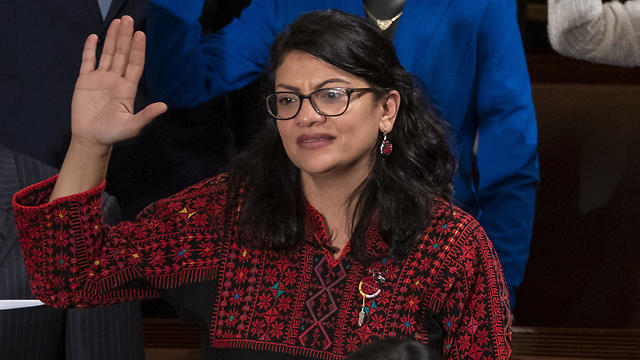Consisting of multiple pieces, including front and back panels, a square chestpiece, and sleeves, it is possible to trace the Palestinian back to the second century B.C. Records from the era show the Canaanites (as people from the region were then known) dressed in the distinct fashion.
The detailed embroidery that features on the thobe, known as tatreez, is a skill that mothers have passed down to their daughters for centuries. In the post-Crusades era, tatreez patterns and the thobe styles began to influence the attire of European women.
Paintings from the period show garments featuring the same intricate patterns or Arabic calligraphy. By tracing the trading routes of the Middle Ages, historians have been able to link the garments directly to modern day Palestine.
Popular patterns featured on the thobe include the ancient eight-pointed star. The symbol has been found in crafts across the Middle East since antiquity. In Europe, it featured heavily on garments where it was known as the “Holy Star of Bethlehem.”
In recent years, the thobe has emerged as an important subject in projects seeking to preserve Palestinian history and culture. For historians and activists alike, the ability to trace the presence of the thobe in the region for thousands of years further legitimizes Palestinian claims to the territory as their ancestral homeland.
#TweetYourThobe
In January 2019, US Congresswoman Rashida Tlaib, the first Palestinian-American woman elected to Congress, wore a thobe during her swearing-in.
Tlaib’s announcement in December 2018 that she would wear the thobe sparked controversy with some netizens claiming that it was “anti-American” to wear the traditional dress of another country.
The backlash prompted fellow Palestian-American Susan Muaddi Darraj to start the hashtag #tweetyourthobe. In defiance of the anti-Arab sentiment at the heart of the controversy, hundreds of women shared photos of their thobes and pride in their Palestine heritage.
On her decision to wear the thobe, Tlaib wrote, “It fills me with joy to be able to show aspects of Palestinian culture.” For Tlaib, the decision was also political with the thobe as symbolic of the diversity of the United States. She described the move as “an unapologetic display of the fabric of the people in this country.”
The survival of the thobe and the practice of tatreez following the creation of Israel and mass exodus of Palestinians in 1948 is in itself a political statement. For many, the hundreds of hours of labor needed to produce a thobe is as much about Palestinian nationalism as it is about the production of the dress.
As Rachel Dedman of the Palestine Museum noted, “The historic thobe conjures an ideal of pure and untouched Palestine, before the occupation.” In diaspora communities, the thobe and tatreez have become important means of connection to Palestine and keeping Palenstianian culture alive.
In recent years, the production of cheaper and lighter versions has facilitated the thobe’s transition to an everyday piece worn to express pride and nationalism.





